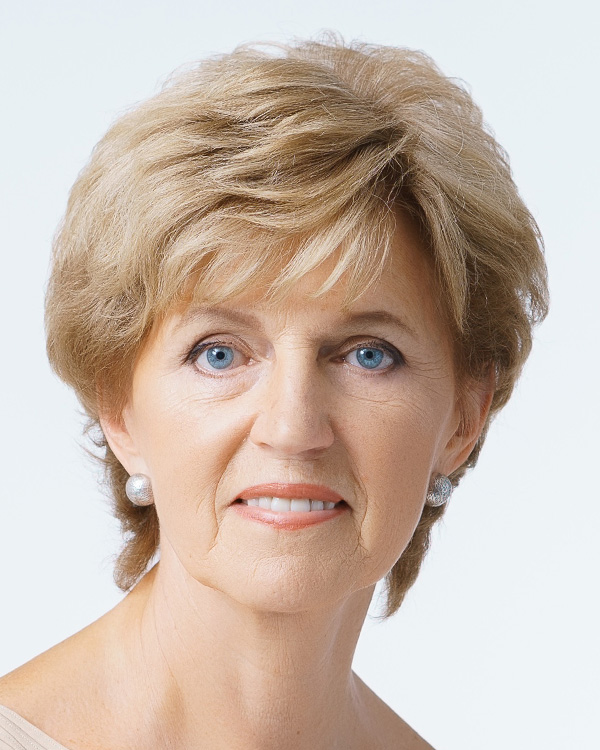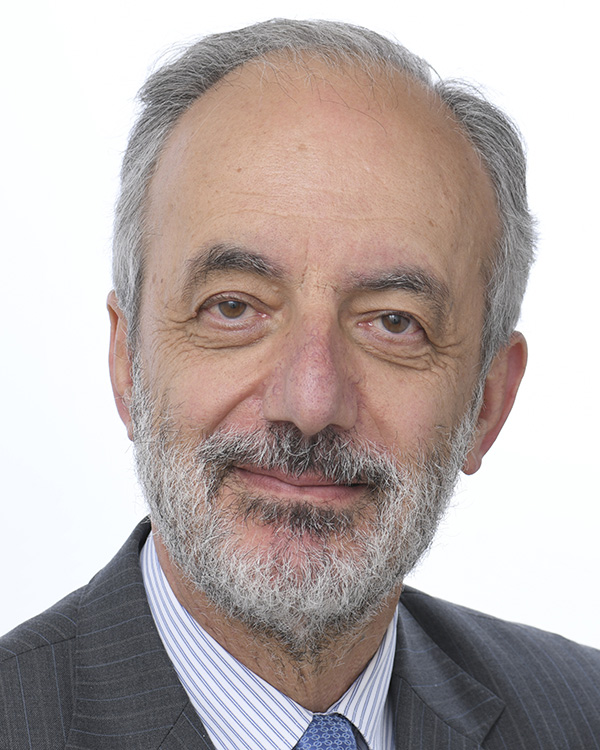
Choisissez la langue de votre document :
- bg - български
- es - español
- cs - čeština
- da - dansk
- de - Deutsch
- et - eesti keel
- el - ελληνικά
- en - English
- fr - français
- ga - Gaeilge
- hr - hrvatski
- it - italiano
- lv - latviešu valoda
- lt - lietuvių kalba
- hu - magyar
- mt - Malti
- nl - Nederlands
- pl - polski
- pt - português
- ro - română
- sk - slovenčina
- sl - slovenščina
- fi - suomi
- sv - svenska
|
| Procedure : 2008/2536(RSP) |
| Select a document : | ||||||
Texts tabled : RC-B6-0147/2008 | Debates : PV 23/04/2008 - 2CRE 23/04/2008 - 2 | Votes : PV 24/04/2008 - 7.4CRE 24/04/2008 - 7.4 Explanations of votes Explanations of votes | Texts adopted : P6_TA(2008)0177 | |||
| Verbatim report of proceedings | |
| Wednesday, 23 April 2008 - Strasbourg | OJ edition |
|
| Legal notice - Privacy policy |


























